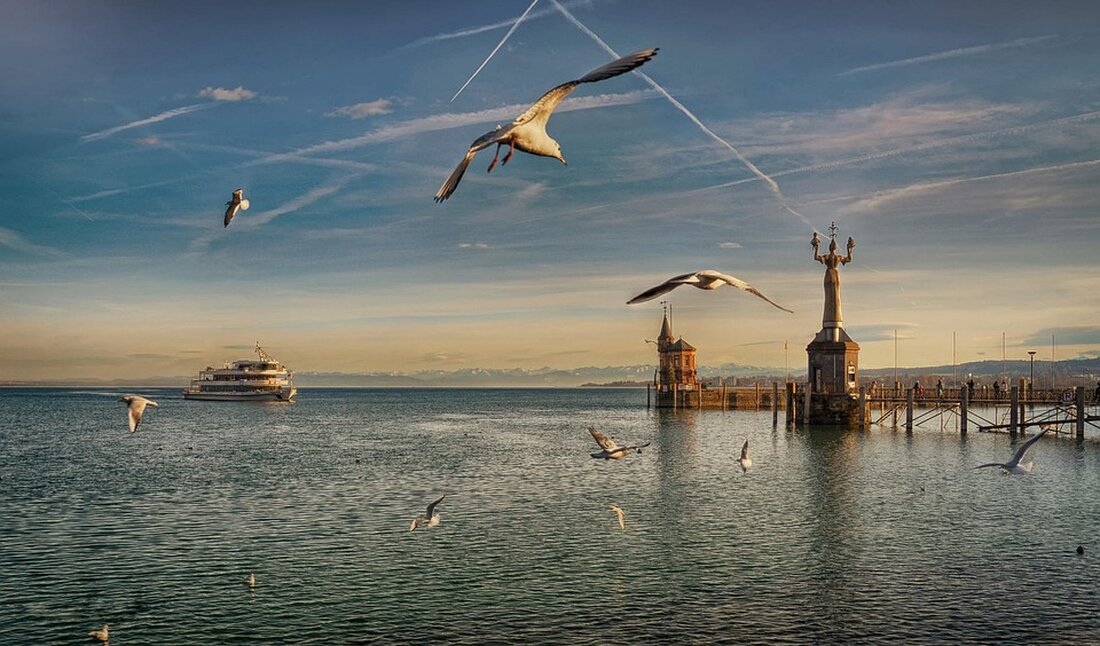German deal with Kenya: Easy entry against cooperation in deportations!
Germany and Kenya sign migration agreements for better control of immigration and return rejected asylum seekers.

German deal with Kenya: Easy entry against cooperation in deportations!
In Berlin there was an important diplomatic exchange on Friday. Kenya President William Samoei Ruto visited the German capital and met Chancellor Olaf Scholz. On this occasion, a migration agreement between Germany and Kenya was signed, which is intended to promote the mutual commitment to better control immigration.
Migration agreements play a central role in German politics to contain illegal immigration. These agreements create legal ways for immigrants, especially specialists in areas such as IT and care, to come to Germany. In return, the partner countries commit themselves to resume their citizens, who are to be deported. So far, many returns failed due to the lack of cooperation between the countries of origin.
signing in the Chancellery
The agreement with Kenya was signed by Interior Minister Nancy Faeser and the Kenyan Foreign Minister Musalia Mudavadi in the presence of President Ruto and Chancellor Scholz. According to “Deutschlandfunk”, around 15,000 Kenyans currently live in Germany, of which around 800 are subject to departure because they lack the residence permit.
Next Sunday and Monday, Scholz will visit Uzbekistan, where another agreement is to be signed with this country. However, Uzbekistan and Kenya are not among the main countries of origin of asylum seekers in Germany. In Germany, 203 Uzbeken lives, 136 of whom are tolerated. There are a total of around 225,000 migrants who are obliged to leave the departure in Germany, with Kenyans and Uzbek only make up 0.45 percent of this number.
These agreements are part of a comprehensive strategy to promote legal immigration and to facilitate the return of rejected asylum seekers. In order to achieve this objective, Joachim Stamp (FDP) was appointed as a special representative of the federal government. Since last year he has had discussions with various countries such as Moldova, Kyrgyzstan, Colombia, Ghana and the Philippines to make similar agreements.
Further details on this topic can be found in a detailed report on web.de .
"This is how the editorial team works" informs you when and what we report about how we deal with mistakes and where our content comes from. When reporting, we stick to the guidelines of the Journalism Trust Initiative.

 Suche
Suche
 Mein Konto
Mein Konto
